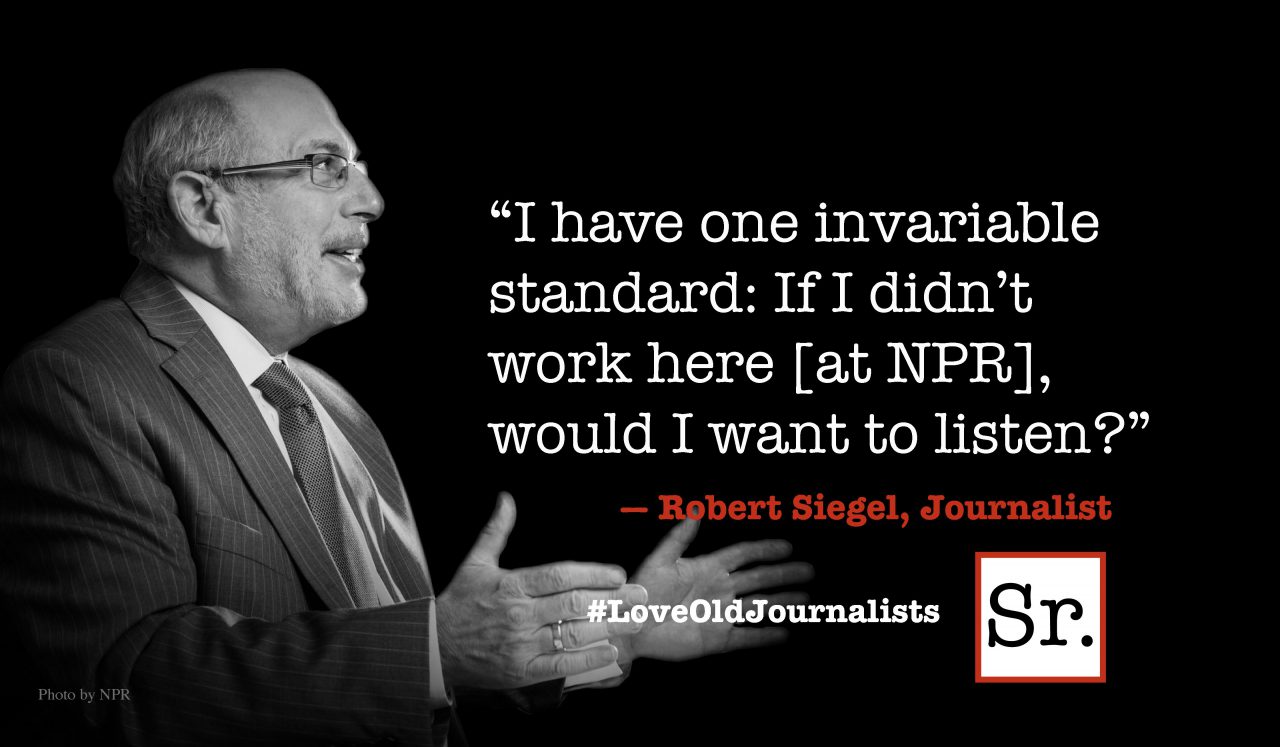Q: My daughter will be 3 years old soon. Her father was primary caretaker until she was around 20 months of age, then he left and she hasn’t seen him since. I expected her to be clingy in the beginning, however, it is still continuing. She cries and screams when I drop her off anywhere — at the sitter’s, church day care, even my sister’s house, and she clings to me like I’m going to disappear at any moment. I don’t play with her constantly in our free time; however, I do spend time with her. Any suggestions? It’s embarrassing and driving me crazy.
A: I sense that you may be over-complicating the issue by thinking that your daughter’s anxiety over separation is due to her father’s sudden disappearance from her life. That’s actually unlikely. It’s more likely that she has no memory of him at all (but might recognize him if he suddenly appeared, but recognition and memory are two different things). As long as you think this is a psychological problem, it’s going to be difficult for you to act in a calm and authoritative manner, which is key.
The general rule is that when a child is having problems separating, the more the parent talks to the child about an upcoming separation, reassures the child that mommy’s coming back, and hangs around trying to calm the child down, the worse the problem becomes. Unwittingly, the parent conveys anxiety to the child, thus making the child that much more anxious. Don’t give these situations any build-up. Just take her to the designated caretaker, kiss her, hand her over, and walk away. As you’ve already discovered, any attempt to calm her down before you leave is going to escalate her screaming. Trust the caretaker to properly handle the situation from that point. (You need, of course, to let the caretaker know what the “new program” is going to be before you begin.)
Given calm resolve on your part, your daughter will probably stop crying within a few minutes of your leaving and the problem should be a thing of the past in a few weeks.
Q: We have taken video game privileges away from our 8-year-old son for various misbehaviors, but we recently discovered that he’s been sneaking downstairs in the middle of the night to play them anyway. If we confine him to his room for the day, he doesn’t mind. He just lies in there and reads. Help!
A: I have a brilliant idea that is certain to solve the problem: remove the video game console from the home, permanently. These nefarious machines have no place in a healthy family environment anyway. As I proposed in this column 30 years ago, when the craze was in its infancy, video games are addictive. That has since been confirmed by research. In addition, they are associated with underachievement, short attention span, and various behavior problems. You are describing addictive behavior, similar to an alcoholic hiding booze around the house and drinking in the bathroom, in closets, and so on. As long as the console is in the home, your young addict is going to find a way to get at it. The good news is, he likes to read! I’ll just bet that when video games are a non-issue, he’ll begin enriching his mind with books, books, and more books!








